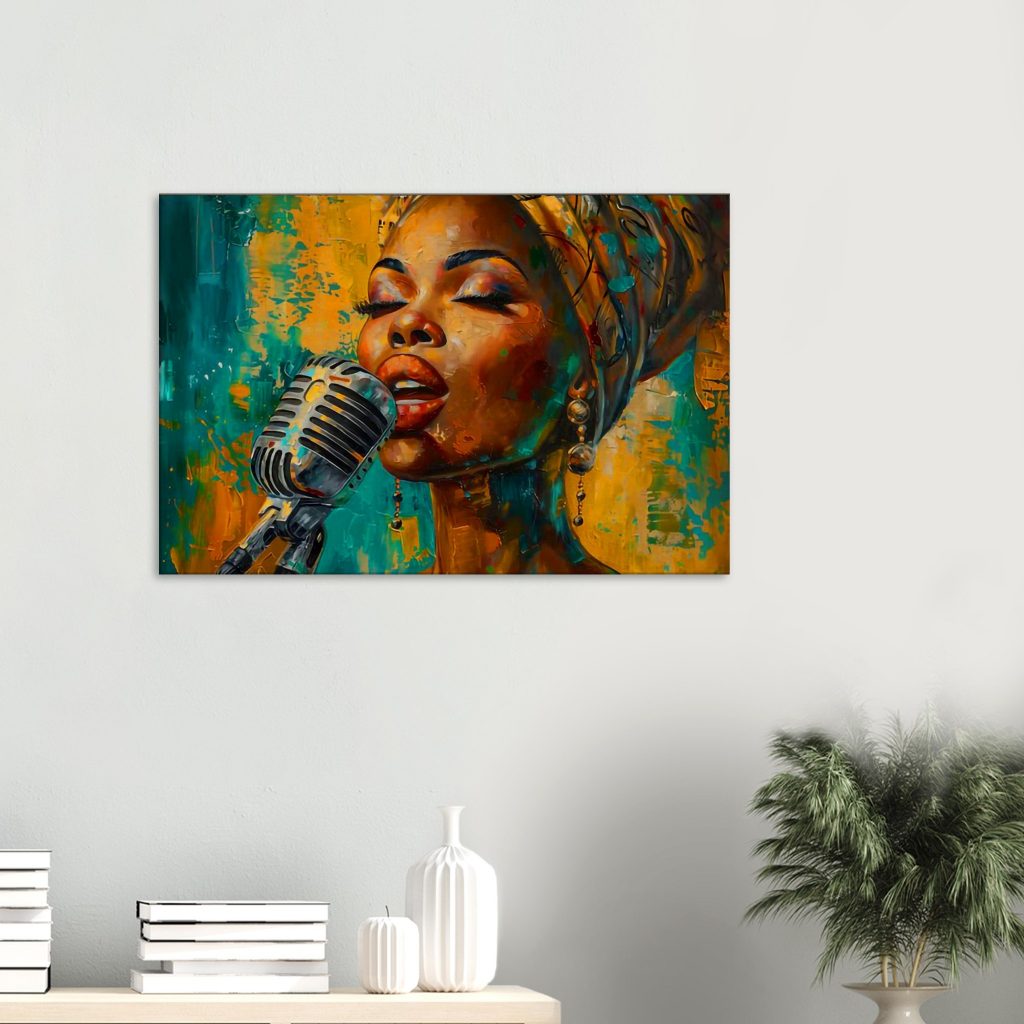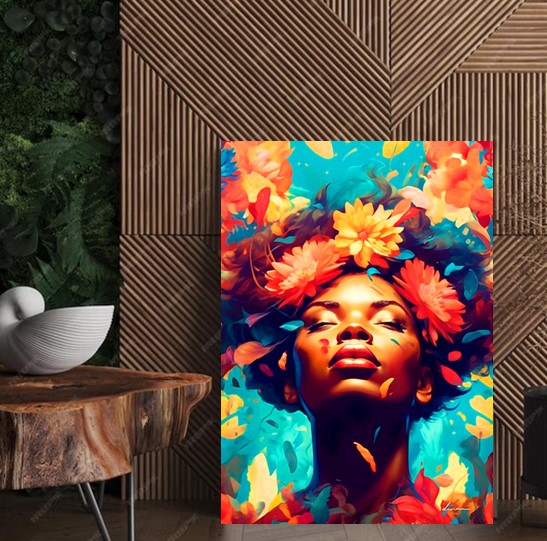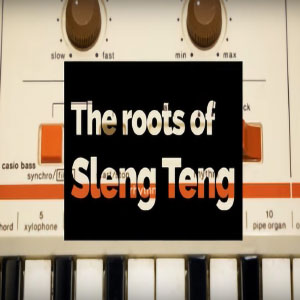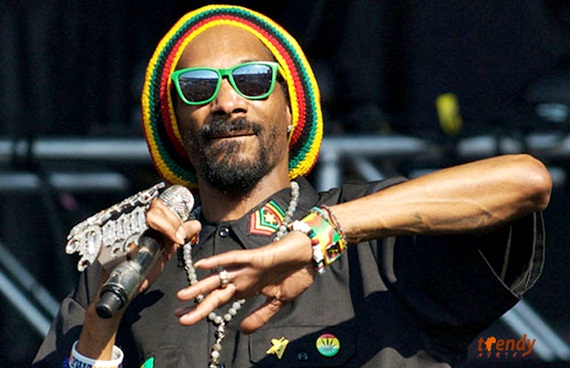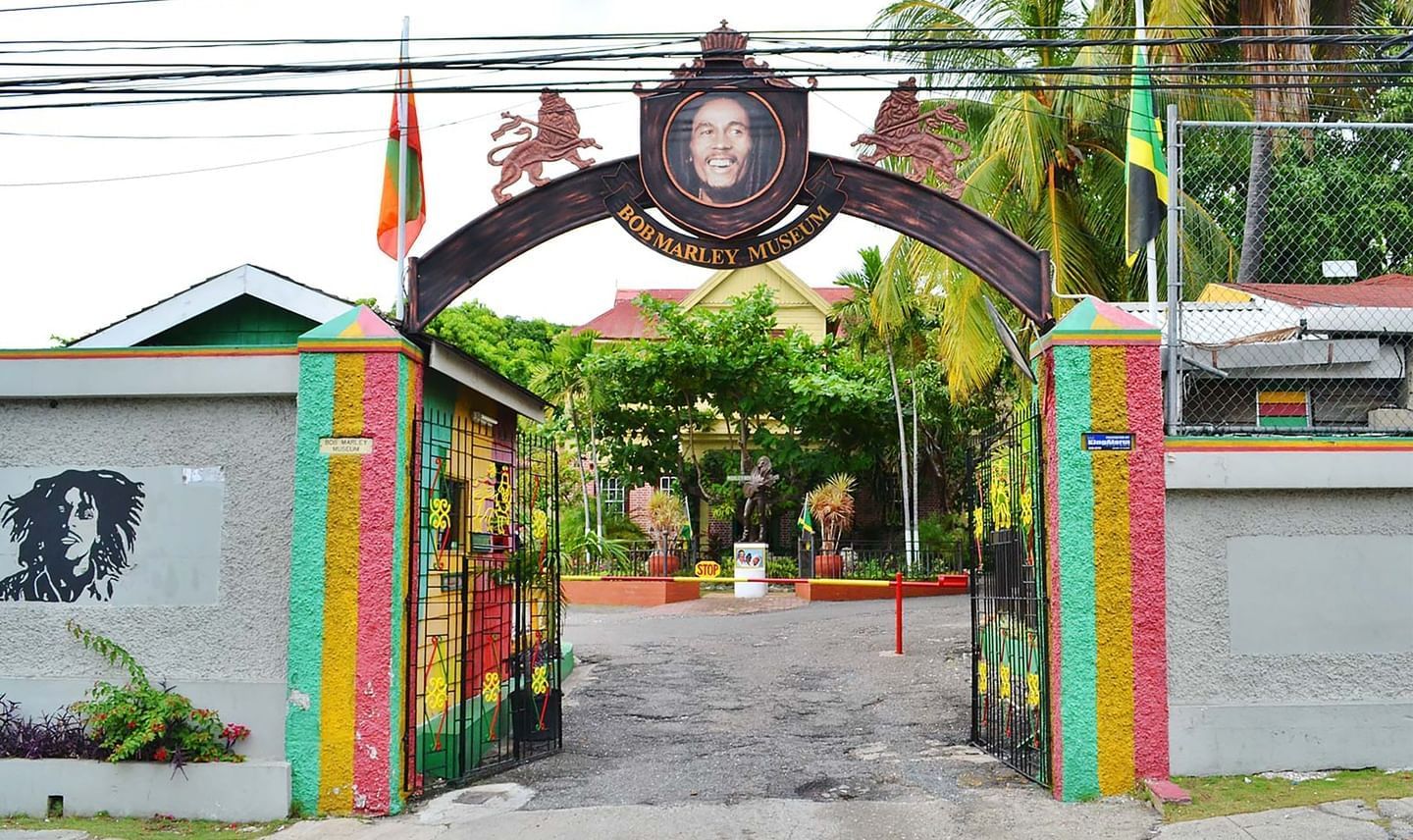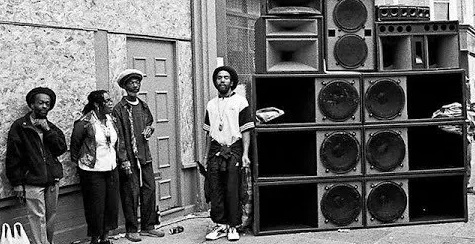
History of Dub Music
Jamaica has gifted the world many musical treasures, but few are as transformative as dub reggae.
This genre, now globally influential, was born in Kingston in 1967, when sound engineer King Tubby unintentionally reshaped the musical landscape while cutting a test instrumental of a reggae track.
These early dub versions, usually found on the B-side of vinyl singles, removed the vocals and brought bass-lines and drums to the forefront, adding echo, reverb and sonic effects that created a hypnotic, immersive experience.
Using custom-built equipment and inventive studio techniques, King Tubby took listeners on a mind-bending audio journey that felt almost spiritual.
Dub’s essence lies in its heavy riddims, ghostly echoes and spacious arrangements.
Tubby’s mixes were more than music; they were atmospheric dreamscapes that pulled reggae fans into a deeper emotional groove.
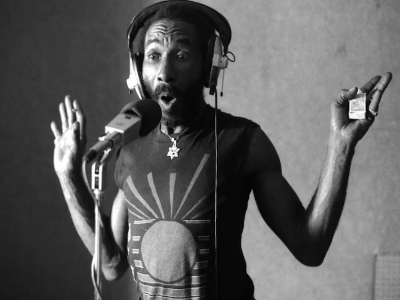
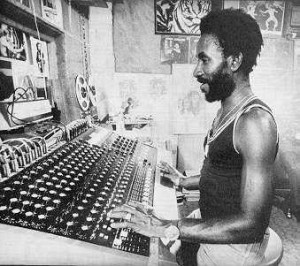
Tubby’s legacy was soon expanded by the wildly creative Lee “Scratch” Perry, whose experimental recordings in his Black Ark Studio pushed dub into psychedelic and surreal territory.
Perry’s mixes were raw, unpredictable and sometimes downright cosmic; earning him legendary status among music producers worldwide.
By the late 1970s, a new wave of talent like Prince Jammy and Tubby’s teenage protégé, Scientist emerged.
They took dub to new heights, solidifying it as a unique Jamaican art form and inspiring entire genres beyond reggae.
Without dub, we wouldn’t have hip-hop, trip-hop or even dubstep.
Though dub moved out of the Jamaican mainstream by the early 1980s, its global reach has only grown. Today, dub remains a living underground tradition, inspiring musicians across continents while staying deeply rooted in its birthplace, Jamaica.
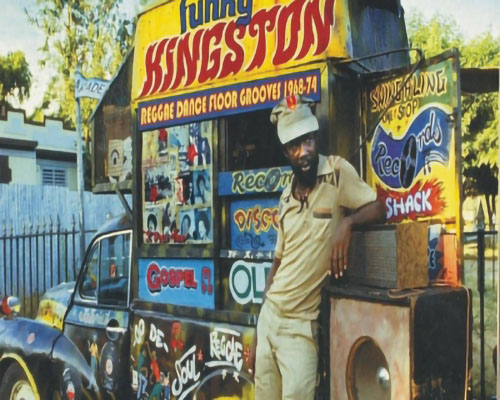
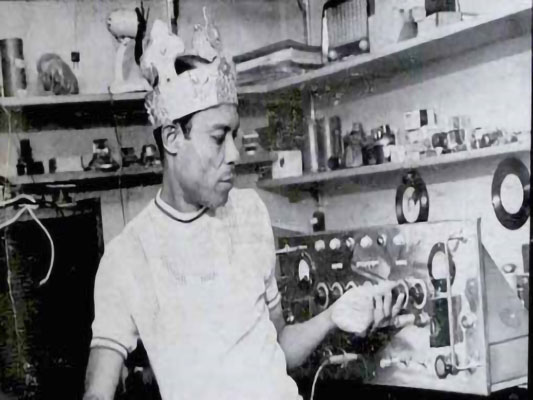
Dub Lives On
Though King Tubby passed in 1989, his experimental spirit lives on in every echo, bass drop, and reverb-laced mix.
In Jamaica, dub isn’t just a genre, it’s a cultural expression of freedom, creativity and resistance.
Come feel the vibration. Whether you’re dancing under the stars at Dub Club or exploring Kingston’s musical landmarks, you’ll discover that dub reggae isn’t just history — it’s a heartbeat that still echoes across Jamaica and beyond.
- Share This Page...
- Discover cultrally-inspired artwork
$29.99 – $117.00Price range: $29.99 through $117.00
$99.00 – $119.00Price range: $99.00 through $119.00

